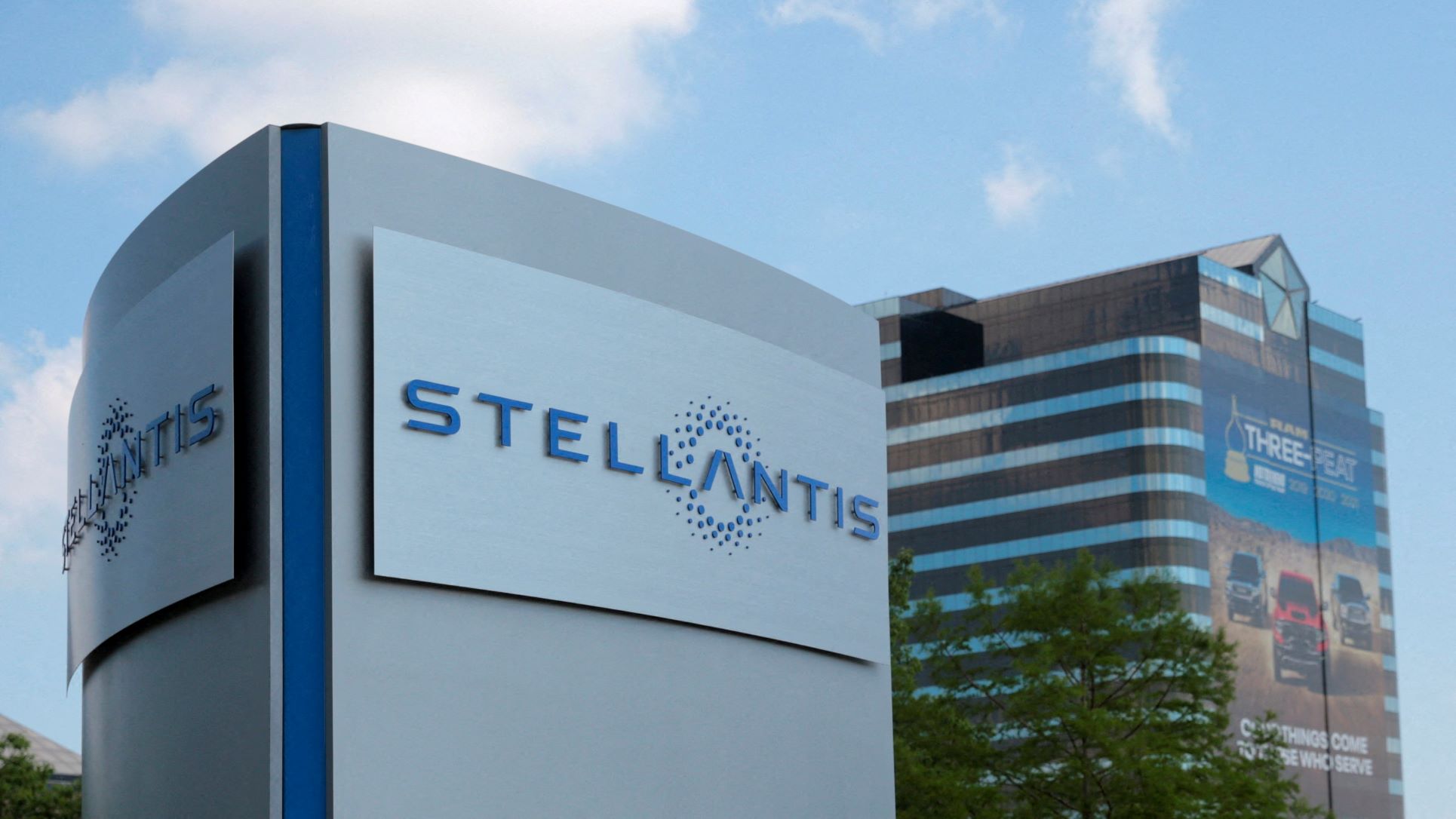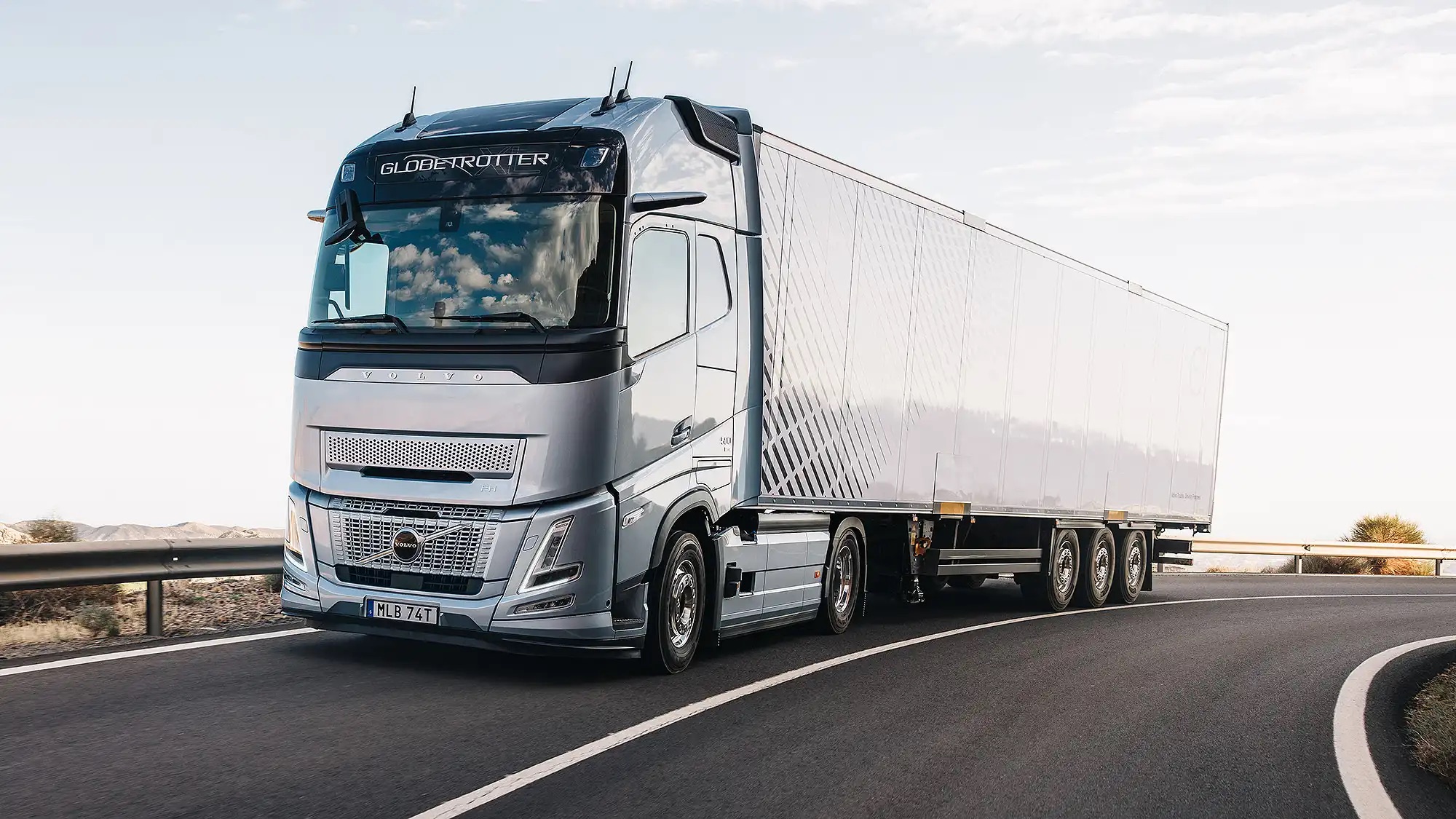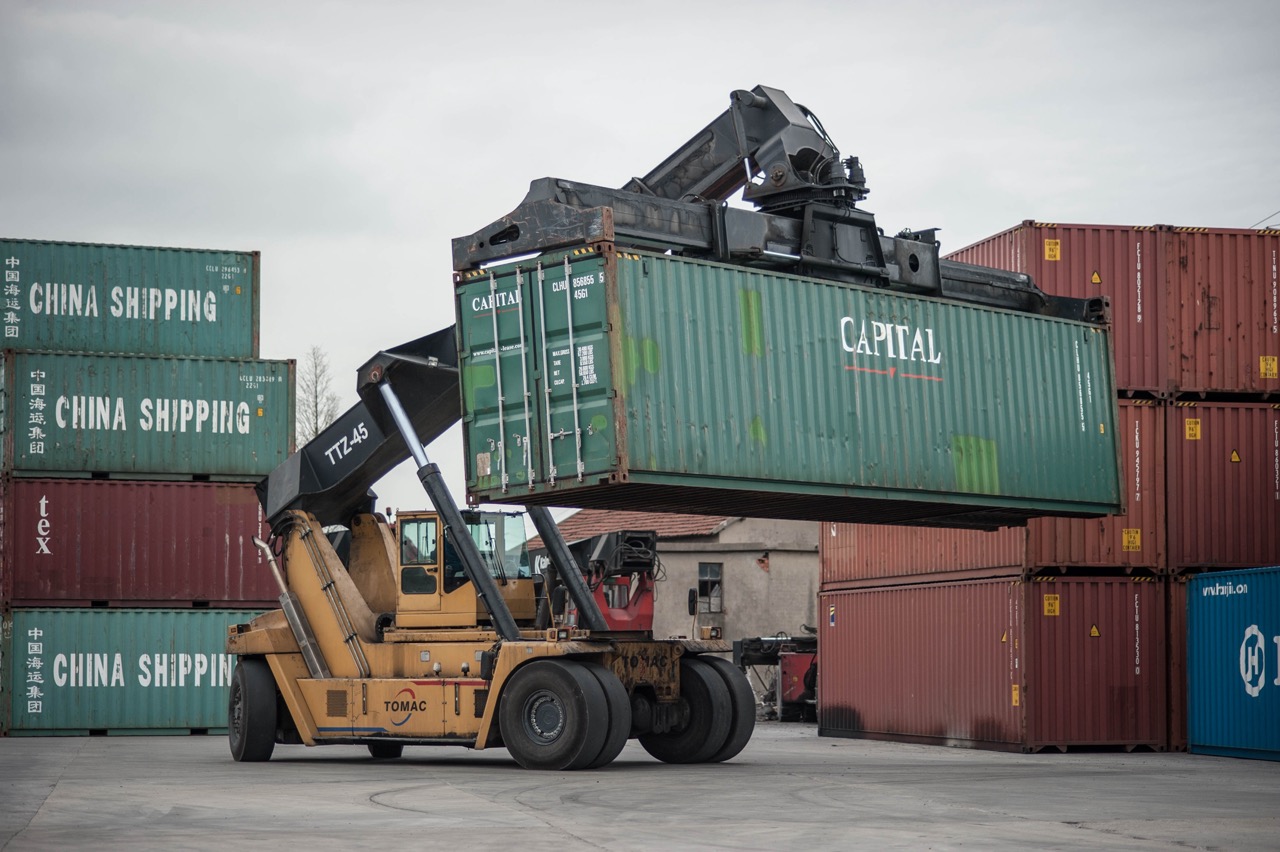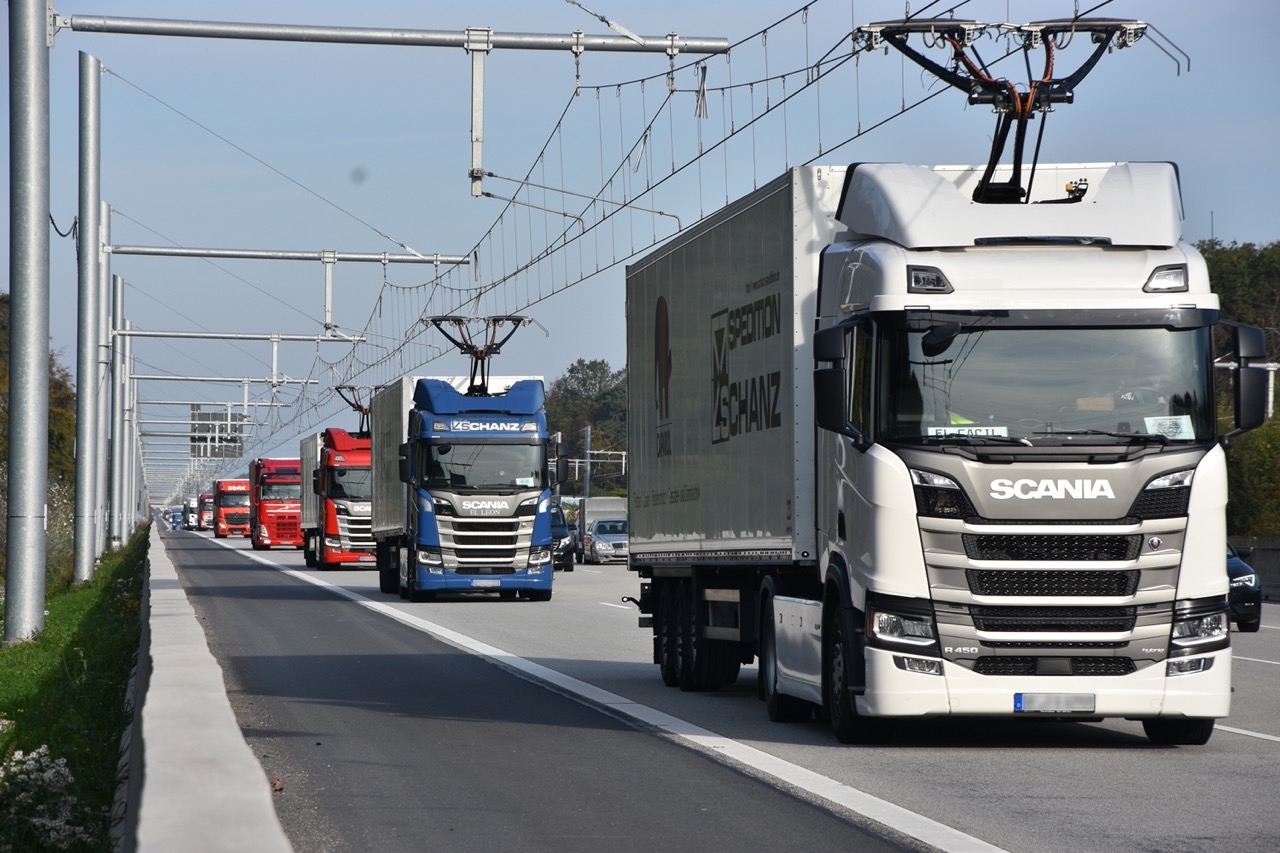Stellantis to expand electric vehicle production
Stellantis is planning to optimise its electric van production in the UK. The company said it would cease production in 2025. At the same time, it plans to launch five new models.
At the same time, Stellantis will increase production at its Luton plant. To do this, the manufacturer plans to convert the facilities to produce electric vehicles. The plant operates as a subsidiary of Vauxhall. However, the plant needs the support of the UK government to become fully operational. Stellantis has applied for state aid to convert to the production of electric vehicles. The Luton plant will still produce some combustion engine models.
At the Bedfordshire plant, the company will produce electric vans under five brands, including:
- Vivaro Electric;
- Peugeot;
- Fiat Professional.
The manufacturer will produce the cars in two versions: with the steering wheel on the left and on the right. Stellantis has ambitious goals. It wants to achieve a complete transition to the production of electric vehicles. In 2023, the manufacturer will convert its Ellesmere factory to produce only battery-powered vans. The move was the first of its kind in the UK. Despite these successes, the head of the UK division, Maria Grazia Davino, points to the importance of government support. First and foremost, the company believes it is necessary to introduce measures to stimulate demand for electric vehicles. According to Davino, a concerted effort is the only way to achieve sustainable development.
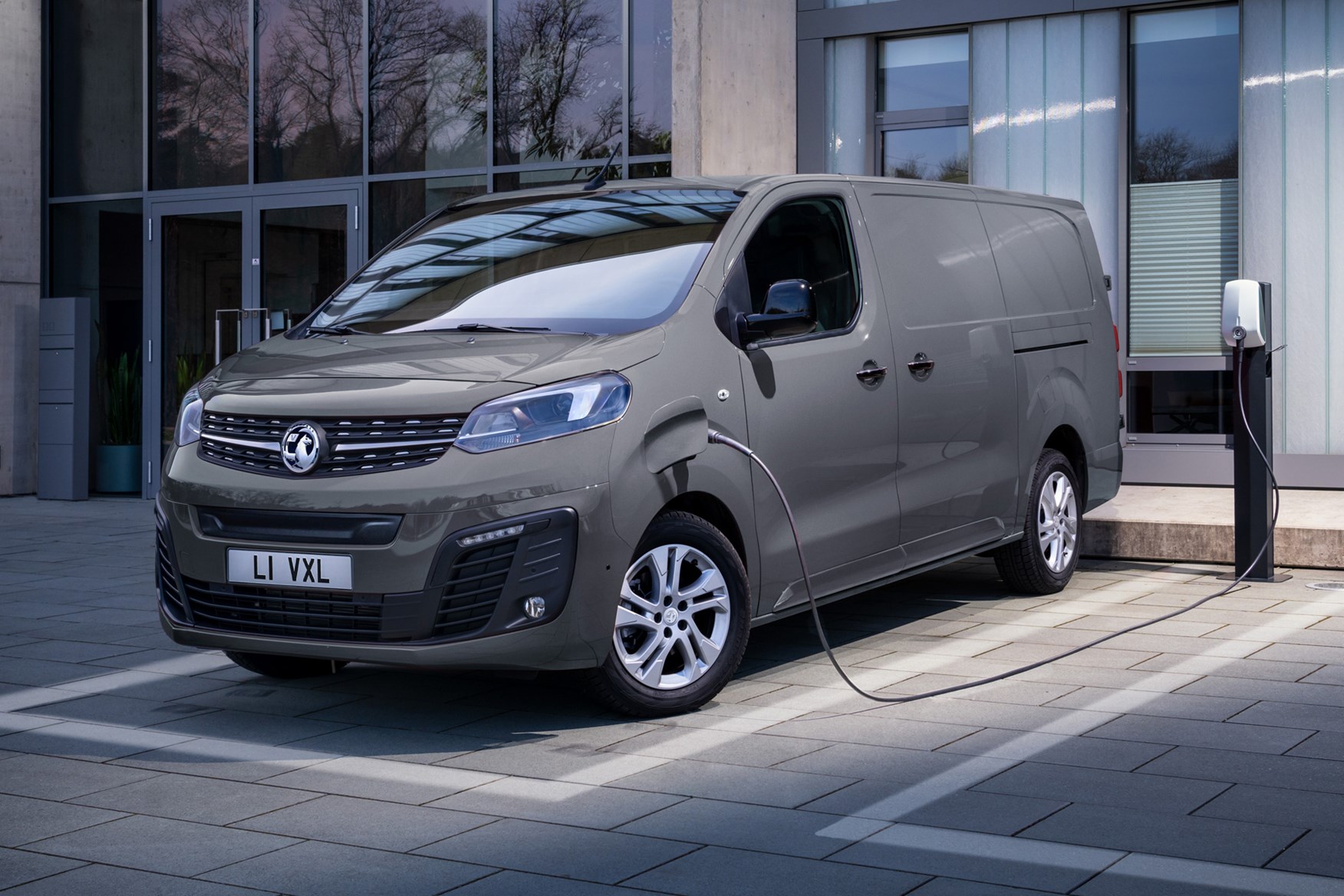
The success of the electric vehicle sector in the UK
It’s worth noting that Stellantis isn’t the first company to ramp up electric car production in the UK. In November 2023, car manufacturer Nissan invested £1.2 billion in a factory in Sunderland. The manufacturer has used the funds to expand electric car production capacity.
The minister responsible, Nusrat Ghani, stressed the importance of investment in the automotive sector. He says the Kingdom’s government fully supports the sector’s representatives. Stellantis and Nissan’s plans are a prime example of this. In addition, in the summer of 2023, Jaguar Land Rover announced the construction of a plant in Somerset. This will produce batteries for electric vehicles. The company estimates that it will invest £4 billion in the project.
Despite the efforts of car manufacturers, the British government has yet to take any decisive steps in this direction. Prime Minister Rishi Sunak has postponed the ban on selling new cars with internal combustion engines. Such vehicles will remain on the British market until 2030. The law will be up for review after that date. Sunak justified the decision by saying he wanted to protect the country’s population from overspending. In this way, the UK aims to meet earlier climate targets.

